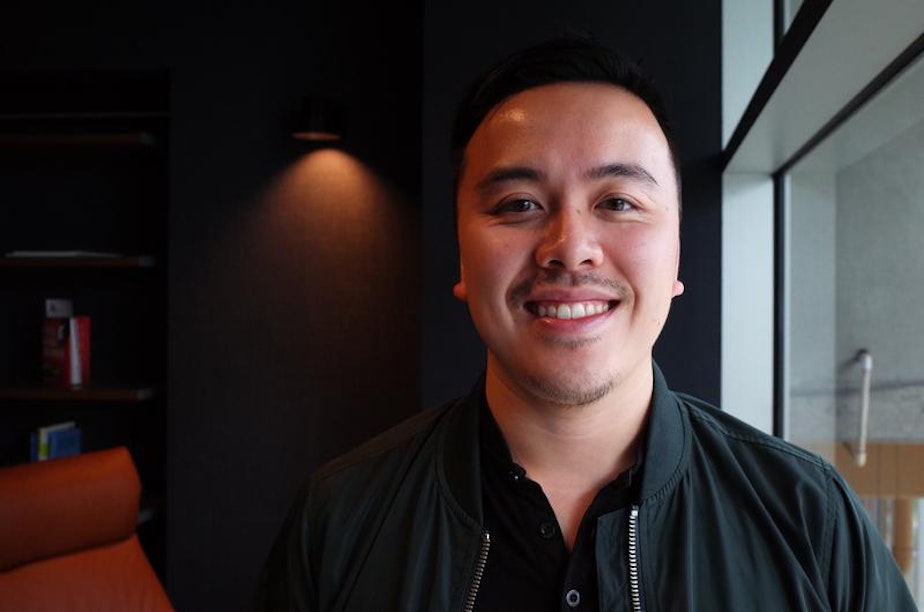People are really excited about Seattle's first blockchain conference

A first-of-its kind conference gets underway in Seattle this morning, its organizers say. Hundreds of people are getting together to talk about blockchain.
If the term "blockchain" only brings Bitcoin to mind, then there is much more to say about this rising technology.
Blockchain sounds like what it is: blocks of data encrypted and chained together. In finance, this setup creates certainty and speed for money transfers. But unlike other financial transactions, blockchain doesn’t rely on centralized institutions like central banks. The blocks of data are all over the place — across thousands of computers all over the world. And that's given Bitcoin and other cryptocurrencies their shadowy reputations.
But for now, blockchain is a technology that's still too small and slow to take over the world. It could take another two years to grow blockchain's capacity in order to be competitive with mainstream financial institutions, conference organizer Justin Wu said.
"Bitcoin can handle like three to six transactions per second," Wu said. "Visa can do 4,000. We want 100,000 to a million transactions per second. Then that's when we start seeing the real cases of everyday use."
But blockchain is also a powerful way to verify something happened, which is why its use goes far beyond financial applications.
Sponsored
“We’re trying to find people who are removing CO2 from the atmosphere,” said Alexsandra Guerra, co-founder of the Seattle startup Nori and one of the 600 expected to attend the Seattle blockchain conference. “They’re removing CO2 from the atmosphere, and we’re accounting that, and we’re keeping track of that. And that’s where blockchain comes in.”
If Guerra's company can track how much carbon dioxide is being removed from the atmosphere through blockchain, then people and businesses can report on emissions in an honest and verifiable way, she said.
“That’s what’s going to actually help us manage our emissions," Guerra added.
Many blockchain conference-goers will attend because they want a chunk of blockchain’s potential to disrupt the banking world. But others like Guerra will be asking something different: What does the world need that blockchain makes possible?



